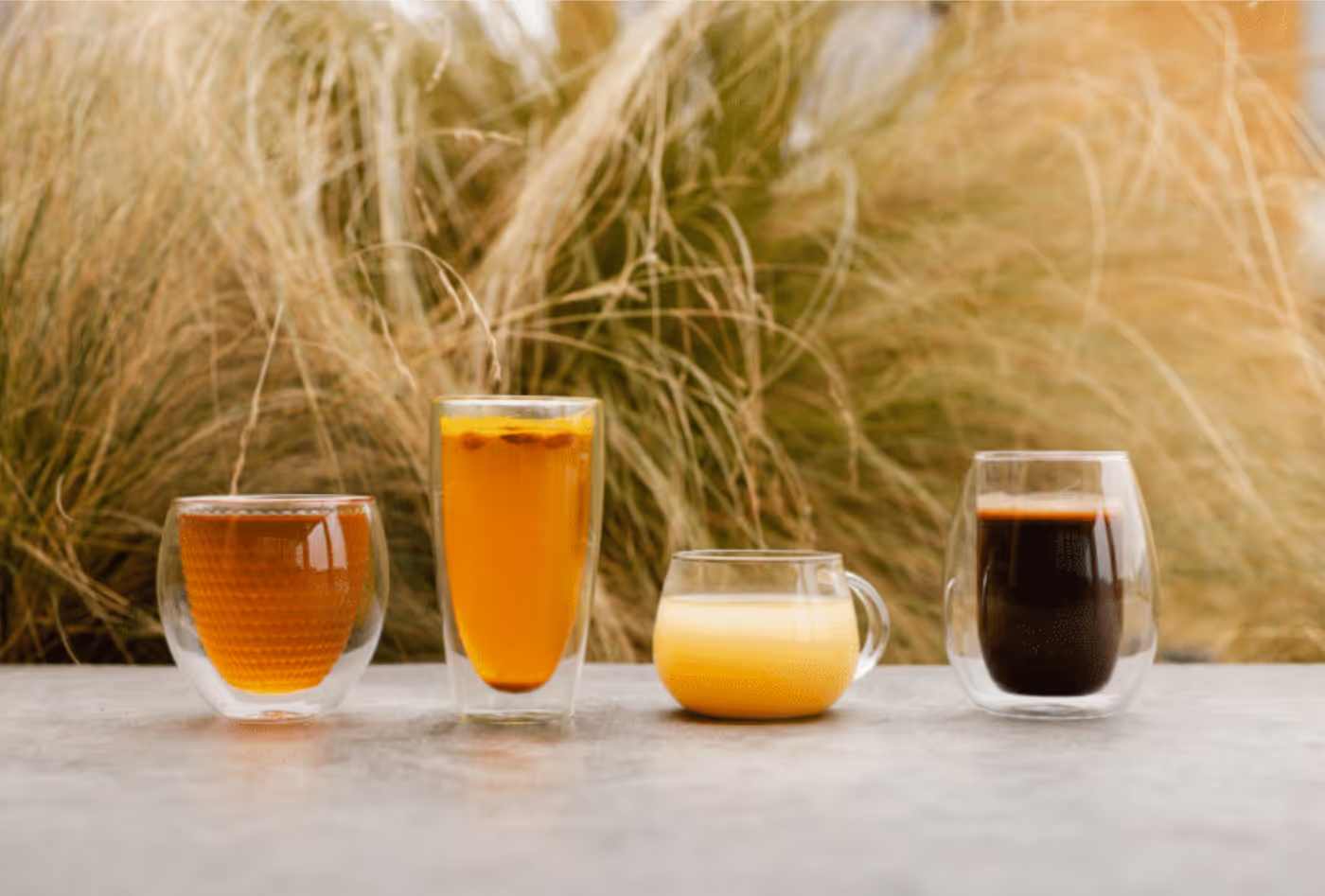Fasting at Aro Ha isn’t about restriction - it’s about refinement. It's less about what you take away, and more about what you allow in: presence, clarity, and deep connection with your body.
Whether woven into a weeklong retreat or explored in the quiet of your own home, a fast can be a potent reset. Below, we share some gentle scaffolding to support a one-day fast - the same one guests experience at Aro Ha - inspired by the recipes and rituals in our Plant to Plate cookbook.
Why fast?
Fasting is an exploration of our relationship with food - and with ourselves.
Studies suggest fasting can:
- Lower insulin levels
- Burn fat & build muscle
- Aid in cellular repair
- Boost metabolism & reduce inflammation
- Support neurogenesis (the growth of new brain cells)
- Offer clarity, calm, and increased 'awakeness'
But the benefits go beyond the physical. At Aro Ha, we use fasting as a portal into sacred silence. It's a digital detox, a nervous system reset, and a chance to listen in. Without the usual noise (literal and internal), you'll be amazed at what surfaces.
A simple fast, Aro Ha-style
The day before:
- Minimise (or better, remove) caffeine, sugar, alcohol, and processed carbs.
- Shop for your teas and broths.
- Sip anti-inflammatory tea throughout the day.
- Have an early, plant-based dinner to ease into your fast.

Your fast day:
Hydration is essential - and not just plain water. Add a pinch of salt to aid electrolyte absorption. Herbal teas and broths are your friends.
Here's a sample structure:
- 9:00am Anti-inflammatory Tea
- 11:00am Maca Hot Chocolate
- 2:00pm Savoury Miso Broth
- 4:00pm Ayurvedic Detox Tea
- 6:00pm Healing Broth - or gently break your fast with Kitcharee
Try this Ayurvedic Tea recipe from the Plant to Plate Cookbook.
Serves 4
4 cups water
1 cinnamon stick
2 slices of fresh ginger
1 tsp cumin seeds
1 tsp fennel seeds
1 tsp coriander seeds
4 cardamon pods
1 tsp holy basil (tulsi)
3 cloves
½ tsp black peppercorns
1 star anise1 tsp Ginseng or Ashwagandha
Optional½ tsp chamomile
- Bring the water to a simmer in a pot then add all the spices except chamomile.
- Steep covered for 15-30 minutes.
- Add in the chamomile for the last 5-10 minutes before straining, it can become bitter otherwise.
- Serve warm.
Find recipes in our Plant to Plate Cookbook
Want to go deeper? Make it a mini-retreat.
Put your phone away. Speak only when needed. Take yourself on a silent walk. Journal. Stretch. Sweat. Meditate. Let stillness do its magic.
Breaking your fast
Your first post-fast meal is key. Aim for plants, warmth, and simplicity. Avoid caffeine, alcohol, and anything processed. Kitcharee is our go-to: grounding, healing, and deeply satisfying. Honour the clarity you’ve created.

A note on caffeine:
Withdrawal can take 2–9 days. If this is your first caffeine-free fast, go gently. A gradual taper off in the days prior can help avoid headaches or mood dips.
In summary
Fasting isn’t a punishment - it’s a pause. It’s a reset, a ritual, and an invitation to meet yourself anew. As always, be gentle. Listen deeply. Let the silence speak.
A Note on Safety
While a short fast can be deeply restorative, fasting is not suitable for everyone. Medical reviews highlight that certain groups should avoid fasting, or seek professional guidance before trying it. These include people with a history of eating disorders, type 1 diabetes, those who are pregnant or breastfeeding, children and teenagers, and anyone recovering from surgery. It may also be unsuitable for those taking medications that require food, or for individuals prone to blood sugar or electrolyte imbalances.
For older adults, or those fasting more than twice a week, additional risks may include low energy, irregular heartbeat, or changes in bone, immune, or metabolic health. Longer water-only or multi-day fasts can carry risks such as dehydration, low blood pressure, or electrolyte disturbances, and should only ever be undertaken with professional oversight.
In short: fasting can be a powerful practice when approached with care. If you fall into any of the groups above—or if you’re unsure—it’s wise to consult a trusted healthcare provider before beginning.
